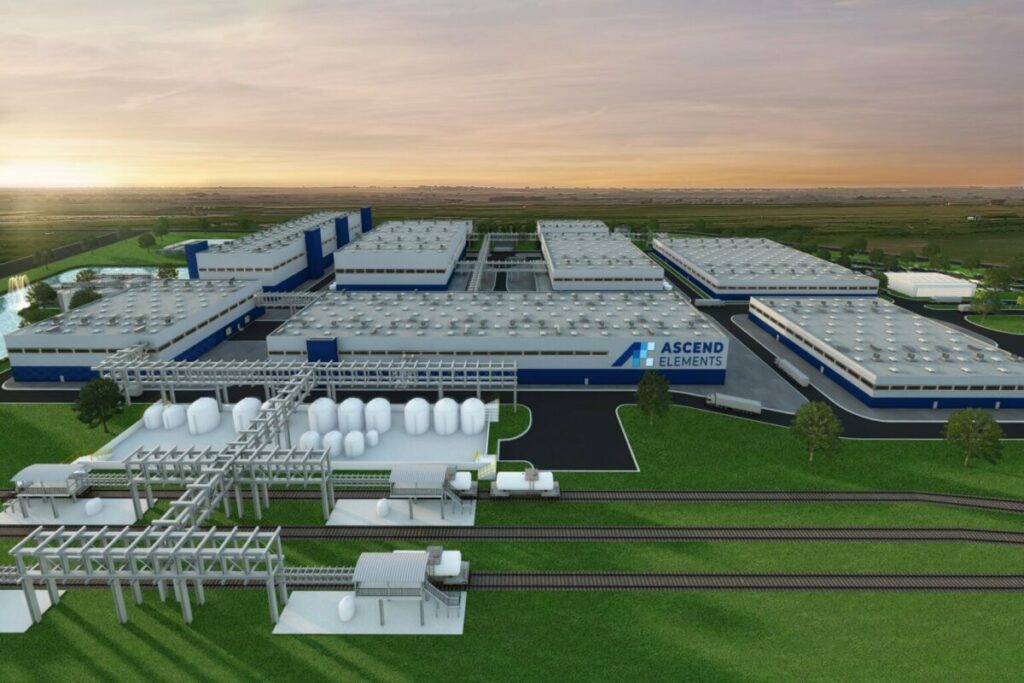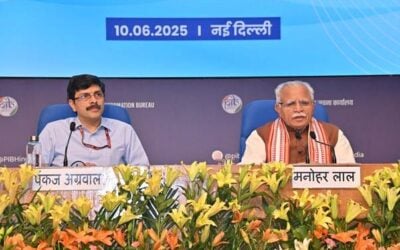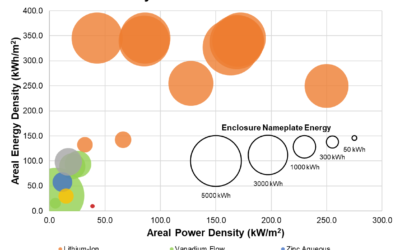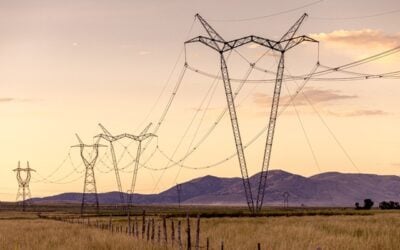
The US Department of Energy (DOE) will commit US$192 million in funding towards advancing battery recycling technologies.
The announcement, made yesterday, is aimed at supporting a “secure and sustainable domestic supply chain” of batteries for electric vehicles (EVs) and stationary battery energy storage systems (BESS), Secretary of Energy Jennifer Granholm said.
Enjoy 12 months of exclusive analysis
- Regular insight and analysis of the industry’s biggest developments
- In-depth interviews with the industry’s leading figures
- Annual digital subscription to the PV Tech Power journal
- Discounts on Solar Media’s portfolio of events, in-person and virtual
The majority of the funding – US$125 million – will go towards reprocessing, recycling and battery collection initiatives in the consumer electronics industry. That includes support for promoting consumer awareness of recycling programmes, lowering the cost of recycling through technological improvements and assisting stakeholders like states, local governments and retailers to understand and implement collection to recycling.
It will be administered by the DOE Vehicle Technologies Office and Office of Manufacturing and Energy Supply Chains and supports the National Blueprint for Lithium batteries published by the multi-government agency Federal Consortium for Advanced Batteries (FCAB).
Alongside that, the DOE is creating the Advanced Battery R&D Consortium, with up to US$60 million of the funding pool. It will be largely focused on EV batteries in supporting the scaleup of cleaner transportation to advance decarbonisation and reduce reliance on imported fossil fuel.
Finally, the DOE is adding a further US$7.4 million to the prize fund in its Lithium-Ion Battery Recycling Prize. The prize, launched in 2019, has already distributed US$5.5 million for innovations in collecting, sorting, storing and transporting spent batteries and battery materials.
The new commitment sees a new Breakthrough Contest category added, and a Demonstration Impact stream through which participants must prove the effectiveness of their solutions in a commercial context. The Battery Recycling Prize’s goal is to enable US companies to develop and demonstrate technologies that could capture 90% of all discarded or spent lithium-based batteries in the country profitably.
Public funding alongside private industry advances in recycling ecosystem
The public funding support pledge comes amid a wave of other news from private actors in the recycling sector.
At the end of May, Princeton NuEnergy, an end-to-end battery recycling startup founded out of the university of the same name, said its recycled cathode materials achieved results comparable to new materials in tests.
Conducted by Argonne National Laboratory, pouch cells made with directly recycled cathode material using Princeton NuEnergy’s low-temperature plasma technology, were found to have high discharge capacity retention in both lithium cobalt oxide (LCO) and nickel manganese cobalt (NMC) sub-chemistries.
The recycling technology, called Cathode-to-Cathode, resulted in LCO pouch cells with 83.66% discharge capacity retention and NMC cells with 88.9% discharge capacity retention after going through 1,000 deep cycles.
“Argonne National Laboratory has long been an advocate for direct recycling and it pleases us to see these test results,” the lab’s senior chemical engineer Dr Andrew Jansen said.
“PNE’s rejuvenated cathode material shows very comparable cyclability to pristine commercial material and demonstrates that PNE’s direct recycling process can recover the electrochemical performance.”
Further along in its road to commercialisation is Ascend Elements, formerly known as Battery Resourcers, which announced this month a deal to supply high-nickel NMC cathode precursor (pCAM) made using recycled materials.
The company is currently building what is claimed will be the US’ largest single site battery recycling facility in Georgia, as well as a commercial scale NMC pCAM manufacturing facility in Kentucky. Ascend Elements already has in place an agreement to recycle lithium-ion battery cell and module manufacturing scrap from manufacturer SK Innovation’s factories in Georgia. The company has said that while EVs will be its initial focus, being able to recycle products from and for the stationary BESS industry will become increasingly important, too.
Ascend Elements CEO Mike O’Kronley said that there was “no reason we can’t manufacture critical battery materials like this in the United States,” noting that nearly all of the world’s pCAM is currently produced in Asia.
“In fact, we need to manufacture our own battery materials to secure the supply chain in North America, reduce carbon emissions and ensure our energy independence,” O’Kronley said.
Ascend Elements said its supply deal, with an undisclosed “major US” battery manufacturer beginning in Q4 2024, will have an initial value of around US$1 billion but the contract could be expanded to be worth as much as US$5 billion.
The company last year received two matching DOE grants worth US$480 million to advance construction of the Kentucky facility.
In February, another North American battery recycler, Li-Cycle, got a US$375 million conditional loan commitment from the DOE’s Loan Programs Office (LPO). The loaned money will support the construction of a Li-Cycle recycling plant in Rochester, New York, one of several around the US, Canada and in Europe the company is building or already has in operation.
In related news, Redwood Materials, the battery and resource recycling company led by former Tesla CTO JB Straubel said recently that it had successfully recycled an entire 2MWh BESS facility from utility Georgia Power and its parent, Southern Company, in collaboration with the US Electric Power Research Institute (EPRI).
The company hasn’t responded to Energy-Storage.news requests for more details about the project, but you can see a short video about the recycling project below. Redwood also got a loan commitment from the LPO, worth US$2 billion.
In a recent interview with this site, the battery manager for Sweden’s Stena Recycling Group discussed many of the opportunities (Premium access required), as well as challenges, for collecting and recycling batteries, including comments on the European Union’s Battery Directive, which mandates the growing use of recycled materials in batteries over the next few years.






